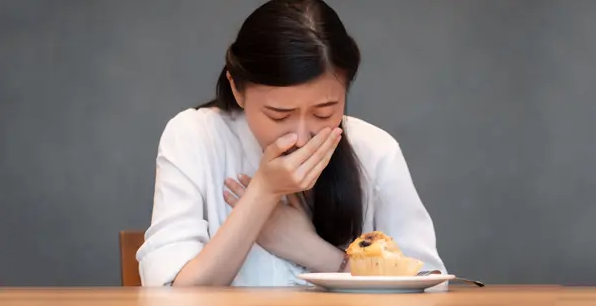This is the VOA Special English AGRICULTURE REPORT.
June is the start of summer in northern areas of the world. Reports of food poisoning increase in warm weather. The Food Safety and Inspection Service has released information on the problem. The Service is an agency of the United States Department of Agriculture.It offers suggestions to keep food safe in warm weather.
Natural causes can increase food poisoning cases in the summer.Bacteria can grow faster in warm weather. Uncooked meat may contain harmful organisms that cause people to become sick.
Another reason for the increase in food poisoning in the summer is human activity. People spend more time outside and away from home in warm weather. Many people bring food to eat outside in parks or at the beach. Others cook meals outdoors in open fires near their homes or on camping trips.
Unwashed hands are a leading cause of the spread of bacteria.People should wash their hands with hot water and soap before touching food. It is important to find clean water when eating away from home. If there is none, make sure to bring water for preparation and cleaning. Or carry clean, wet washcloths for cleaning hands and surfaces.
Bacteria also can spread when food is transported, prepared and served. Make sure to keep uncooked meat cold until it is cooked. Do not let liquid from uncooked meat touch other foods. Wash objects that held the meat before using again for cooked food.
Heating food for a long time at high temperatures will kill harmful bacteria. But you cannot judge if food is cooked completely by looking at its color. Experts advise people to use a thermometer when cooking. Food thermometers measure the exact temperature of the food being cooked. They help guarantee that food is cooked to a safe temperature. Thermometers also can prevent food from being cooked too long and becoming too dry.
Keeping food at an unsafe temperature also can lead to food poisoning. Some foods left outside in warm weather for more than two hours may not be safe to eat. Experts say such foods should be kept in containers with ice to keep them cold. And, foods should be kept in the coolest part of a vehicle, away from sunlight, whenever possible.
This VOA Special English AGRICULTURE REPORT was written by George Grow.
